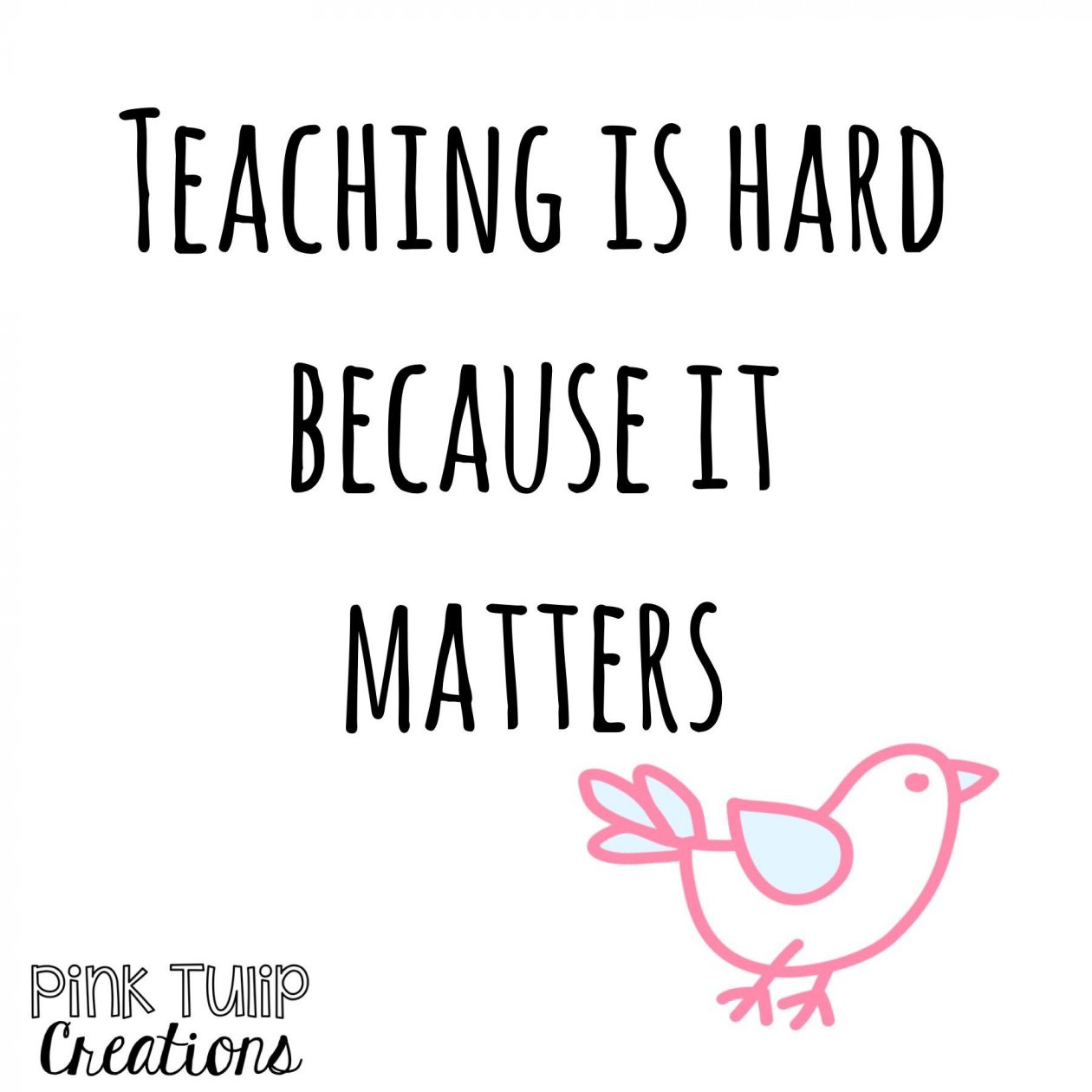Although we tend to use the words interchangeably, fair and equal are not the same.
Take this as an example: Three children of varying heights are trying to reach for the sweets that are on the top shelf of the kitchen cupboard. Treating them equally would mean giving all three children a box to stand on; but the smallest child still can’t reach, whilst the tallest child may be able to reach the shelf without the need for a box. Treating them fairly, then, would mean giving two boxes to the shortest, one to the middle and none to the tallest.
How does this relate to teaching? Well, let’s take a look at a more classroom-like scenario…
You have a classroom of twenty pupils, three of whom have misbehaved enormously over the course of the week and consequently have been told they are getting 10 minutes less ‘Golden Time’ on Friday afternoon. The remaining seventeen, will get the full amount. Although the kids who have been punished may claim this is ‘unfair’ or ‘unjust’, it is the complete antipodal.
If we were to tackle this situation with an ‘equal’ approach, all children would get the same amount of Golden Time, regardless of their behavior OR all children would lose 10 minutes of their Golden Time due to the actions of the minority. You and I both know that neither of the above options are fair.
It’s important to remember that fair doesn’t mean giving everyone the same, fair means giving students what they need in order to succeed; this could be time, resources or words of encouragement. If you go to a doctor and the patient before you had a cough, and then you went in with a sore head; he wouldn’t provide you both with cough medicine? So why as a teacher would you provide copious amounts of resources for all of your pupils but spend little or no time explaining it? Whilst some children would be happy to sit and independently work through worksheet after worksheet, this just isn’t possible, and simply would not work for every student, just like cough medicine wouldn’t work for every patient.
As teachers, it can often be easy to think you’re doing good by treating your classroom of young people equally; giving each pupil exactly the same work, providing them with exactly the same resources and explaining things in exactly the same way to everyone. Many may believe that by doing this you are treating your class fairly, which isn’t the case, and whilst equality promotes fairness and justice by giving everyone the same thing, it only works if everyone starts off from the same place; which definitely won’t be the case in your classroom.
Treating the young people in your class fairly requires you to look at each and every one of them as an individual with unique needs and circumstances which are personal to them. This will aid you in determining how much time and help they each need in order to flourish, and help you set specific rules to suit them. It’s important to let everyone in your class know that what works for a classmate, may not work for them.
It may seem time consuming and challenging to treat every pupil fairly. And truthfully, in the short run, it is. Be that as it may, in the long run it is much, much more effective and surprisingly easier.







